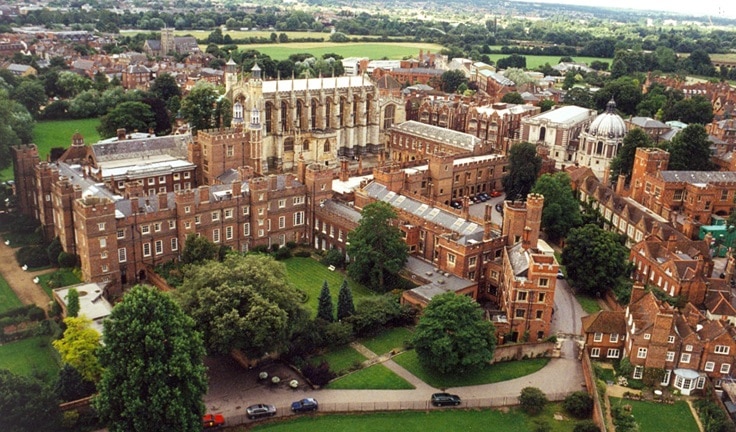While considering a child’s education in an outside land most countries offer three alternatives: state schools, private schools and international schools. This article concentrates mainly on the potential benefits and drawbacks of international schools although some consideration is also given to the state school alternative.

Classes in international schools are usually taught in English and academic results are generally awesome. The educational plan is most frequently British or American in style with the use of secondary school grades and SAT scores or International GCSEs at age 15/16 and A Levels or the International Baccalaureate at 17/18, the latter being perceived by universities around the world. Subjects taught are also similar to those taught in the US or UK.
Almost all international schools are expense paying (although grants and scholarships may be available) and fees can be considerable. Average fees for a day school are around EUR 10,000 every year except it should be borne in mind that fees generally increase as the understudy grows more established. For example, the average fees for children aged 12 or over are around EUR 20,000 every year. Besides, fees for boarding (as opposed to day) schools are a lot higher. In addition to yearly fees it may also be wise to consider different expenses which are probably going to be incurred when sending a child to an international school. These a level singapore expenses may include a registration charge, purchase of a uniform, insurance, activity fees and transport.
Given the restrictive cost, for what reason do some expats choose international schools for their children’s education? Sometimes they are the main decision if foreigners are not allowed to attend local state schools (as is the case in the United Arab Emirates) or if the state schools are full. Many parents are also worried about the impact learning another language and adapting to another culture are probably going to have on both their child’s education and happiness. Typically small kids take these challenges in their stride yet more seasoned children may struggle or feel alienated. Another advantage of attending an international school is that it gives the parents a chance to meet different expats!
Notwithstanding, not all expats choose international schools and the state school alternative may in fact be preferable in some cases. Apart from the obvious cost savings a local state school is a superb place for a child to learn the new language and many expats find that their children are frequently familiar with the local lingo within a short timeframe. Speaking the language and adapting to another culture are of immediate advantage as well as be useful in the more drawn out term if the family decides to stay in the new nation.





